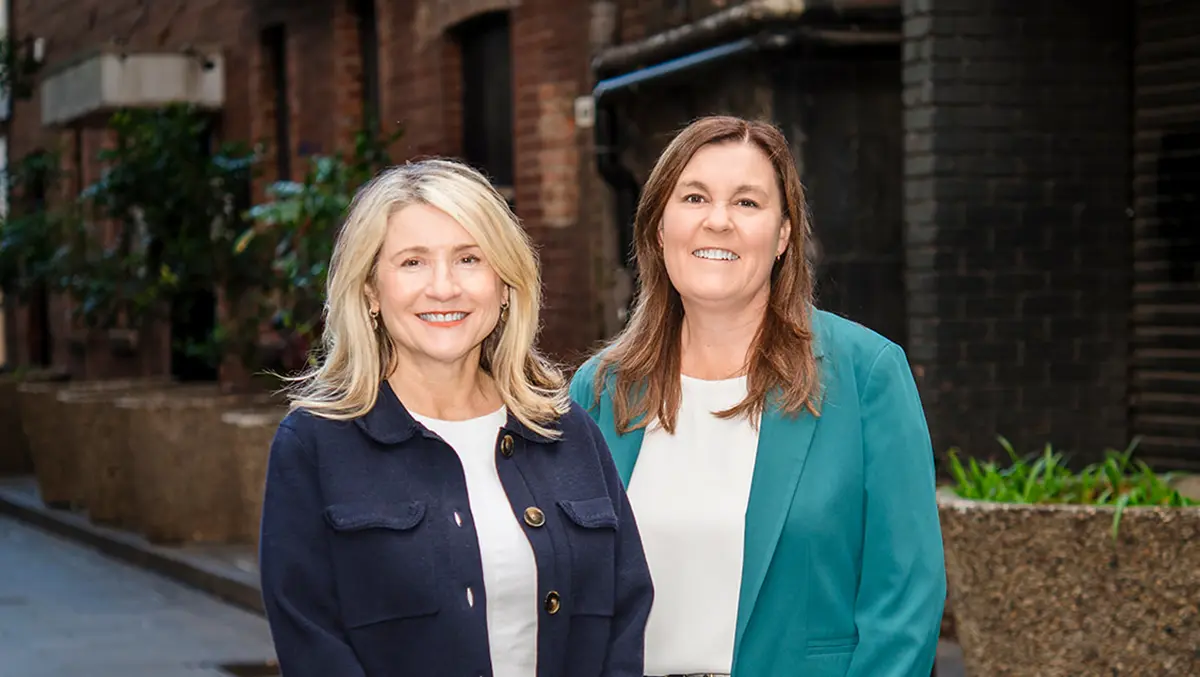
Marnie Baker joins FinTech Australia board to boost growth
Marnie Baker has been appointed as a Non-Executive Director to the board of FinTech Australia, bringing additional leadership experience and policy knowledge to the organisation.
Baker previously served as Chief Executive Officer and Managing Director of Bendigo and Adelaide Bank. She is currently a member of the Reserve Bank of Australia's Monetary Policy Board and a director of both the Regional Australia Institute and the Australian Retirement Trust. Her experience also includes her role as Deputy Chair at the Australian Banking Association.
FinTech Australia Chair Sarah Gorman commented on Baker's appointment and its wider significance. She said, "Marnie has chased impact and positive change in the banking ecosystem her entire career. Her joining our board is a huge point of validation for the fintech industry, its impact to date and its broader goals."
Gorman described the appointment as a key development for both FinTech Australia and the broader financial technology sector. "Her guidance will lend a new level of expertise to our organisation, in turn helping our members as they face complex funding and policy challenges. The appointment is both a significant milestone for FinTech Australia and also the fintech industry."
She also underlined the importance of financial access and data rights, drawing attention to international models. "Marnie and I both care deeply about financial access—and that means giving Australians the tools to take control of their data and benefit from the digital economy. Countries like India and Brazil are showing how data rights can be a powerful equaliser. We need to keep pace. And looking ahead, we're talking more about fintech for good. It's about using innovation not just for efficiency or disruption—but for impact. Financial inclusion, climate resilience, regional growth—these aren't side issues. They're central to where our industry is heading."
Gorman added that investment in fintech should be ongoing and supported by both public and private sectors. She said, "Fintech investment shouldn't be seen as a one-off. Continued support from government programs like Austrade, as well as private capital, will be essential to backing not just today's fintech leaders, but the current and next generation as well."
Global competitiveness was also identified as a key issue for the industry. "The other level that's critical is global. We don't play on a regional or national stage, we play on a global one and leveling up our competitiveness, with regard to policy and effective settings globally is crucial. This includes ensuring that Australia's fintech ecosystem remains in the top 10 of fintech sectors globally."
Baker's perspective
Baker spoke about her decision to join FinTech Australia and her views on the future direction of the fintech sector.
"I've long admired the energy and innovation coming from Australia's fintech community. Joining FinTech Australia is a chance to contribute to its future and help shape a more inclusive and competitive financial services ecosystem."
Baker highlighted the need to address inequalities in regional Australia. "Much of the activity remains concentrated in our cities. There's a whole cohort of regional Australians — individuals, families, and small businesses — whose needs aren't being fully addressed. I'd like to see more fintechs broaden their lens and design for the whole country, not just urban centres."
She also noted the potential for fintech solutions to play a part in supporting climate resilience. "Beyond banking, fintech also has an important role to play in enabling climate resilience, whether that's helping farmers adapt, supporting green investment, or building tools to measure climate risk in finance."
Baker underscored the challenges facing fintechs in the current funding environment and the need to demonstrate value. "Fintechs are solving real-world problems, and that's a strong foundation. But in today's tighter funding environment, it's more important than ever to demonstrate long-term value and impact."
According to Baker, there is significant growth potential at the intersection of fintech, regional needs, and climate change. "There's significant growth potential where fintech intersects with the needs of regional Australia and the challenges of climate change. These are areas crying out for innovation, and fintech is well placed to respond. If the sector can harness that opportunity, we'll see the emergence of a new, sustainable growth curve."
Board changes
FinTech Australia also acknowledged continued contributions from board member Cathryn Lyall, who will stay on until September before moving into an advisory capacity.
Industry context
Baker's appointment occurs as the industry faces broader questions about growth and investment. In its most recent pre-budget submission, FinTech Australia expressed concerns over what it described as a "two-speed" ecosystem. The submission noted a 14% drop in deal volumes and an increasing focus on more established companies, emphasising the importance of ongoing support to maintain sector momentum.
The organisation's annual Finnie Awards also took place this week in Sydney, highlighting achievements across the Australian fintech sector.


